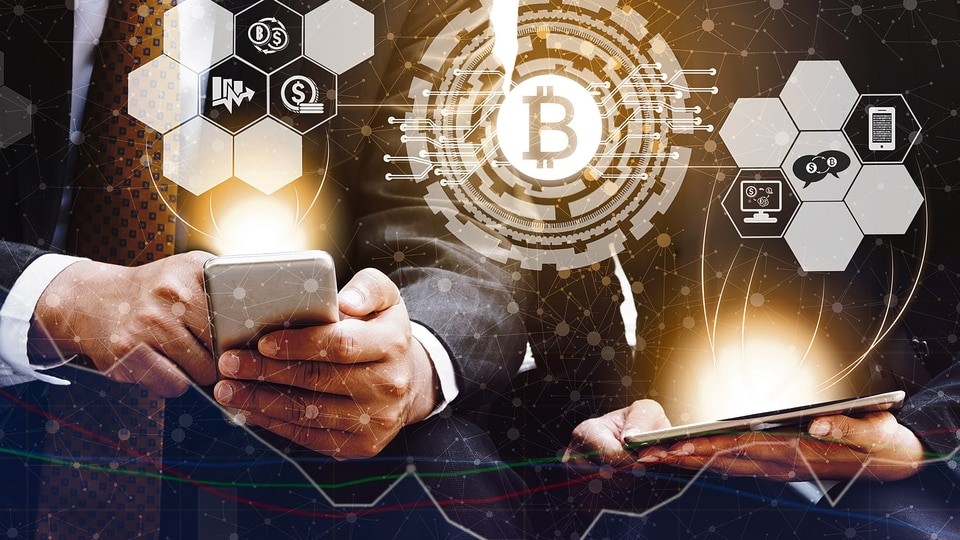Virtual Digital Assets
29, Apr 2023

Prelims level : Science & Technology
Mains level : GS-III Science & Technology - Awareness In The Fields Of It, Space, Computers, Robotics, Nano-Technology, Bio-Technology, Pharma Sector & Health Science
Why in News?
- Virtual digital assets (VDA) are digital representations of value that are created, stored, and exchanged electronically, typically using blockchain technology. These assets can be used for a variety of purposes, including as a form of currency, as a store of value, or as a means of accessing and participating in decentralised applications and ecosystems.
Money laundering and VDA:
- With the growing popularity of virtual digital assets such as cryptocurrency, the Indian government has been taking steps to regulate and monitor the use of these assets to prevent money laundering and other illegal activities.
- On March 7, 2023, the Union Finance Ministry, in a gazette notification, extended anti-money laundering provisions under the Prevention of Money Laundering Act (PMLA) Act of 2002 to virtual digital asset businesses and service providers.
- Activities under these provisions includes,
- exchange between virtual digital assets and fiat currencies
- exchange between one or more forms of virtual digital assets
- transfer of virtual digital assets
- safekeeping or administration of virtual digital assets or instruments enabling control over virtual digital assets, and
- participation in and provision of financial services related to an issuer’s offer and sale of a virtual digital asset.
- As per the notification, virtual digital assets platforms carrying out the above activities will now have to register as a reporting entity with the Financial Intelligence Unit-India.
- Reporting entity platforms such as CoinSwitch are now mandated to implement ‘know your customer’, record and monitor all transactions, and report to the Financial Intelligence Unit-India as and when any suspicious activity is detected.
Significance:
- The regulation of virtual digital assets will help improve investor protection and reduce the risks associated with investing in these assets.
- By bringing these assets under the prevention of money laundering provisions, the government can help create a more secure and transparent investment environment.
- This can also help promote innovation in the financial sector. By providing a clear regulatory framework, the government can encourage the development of new and innovative financial products and services that use virtual digital assets.
- It can also help India keep pace with other countries that are already regulating these assets.
- Such rules are already applicable to banks, financial institutions and certain intermediaries in the securities and real estate markets.
- These risk-mitigation measures are in line with global guidelines put forward by the International Monetary Fund and the Financial Action Task Force (FATF).
Way Forward:
- India’s G-20 presidency could provide an opportunity to spearhead critical discussions on establishing a global regulatory framework for virtual digital assets.
- There is also an opportunity to consider the steps taken by other G-20 nations.
- Japan and South Korea have established a framework to licence Virtual Asset Service Providers (VASPs), while the Markets in Crypto-Assets (MiCA) regulation has been passed by the European Parliament.
- Implementing increased regulation within the domestic virtual digital assets ecosystem could offer essential reassurance to both regular users and regulators.
- A forward-thinking regulatory framework will ignite the entrepreneurial spirit within India’s innovation economy and cement India’s position as a leader in virtual digital assets.






